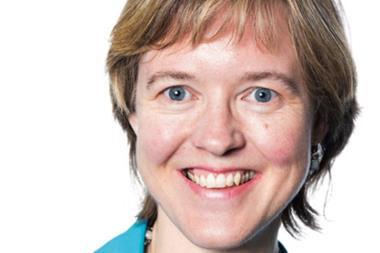A drop in January’s interest rates in the Netherlands has lead to a fall of up to 3.7% in the country’s large pension schemes’ funding ratios.
The €465bn civil service scheme ABP and the €238bn healthcare pension fund PFZW reported a fall of 3.7% to 94.1% and a 3.5% decrease to 95.7%, respectively.
Both PMT and PME, the large pension funds for the metal sector, posted a drop of 2.5%.
The €29bn multi-sector scheme PGB said its coverage ratio had decreased by 3.6%, but still stood at 101.8% at the end of last month.
Investment consultancies Aon and Mercer had estimated that the funding ratio of Dutch pension funds had dropped between 2-3% on average.
The firms attributed the drop largely to market volatility as a consequence of the coronavirus, also known as COVID-19. However, they also cited shriking equity markets.
In January, the 30-year swap rate – the main criterion for discounting liabilities – dropped to 33bps from 60.
The fact that large schemes had been hit harder than estimated has been caused by their lower than average interest hedge levels.
Whereas the consultancies based their calculations on an imaginary “average pension fund” with a 50% interest cover, ABP and PFZW for example, had hedged no more than 21% and 30% of the interest risk on their liabilities, respectively.
As part of their dynamic hedging policy aimed at benefiting from rising rates, some pension funds had even reduced their cover last year following plummeting interest rates.
By contrast, PMT (€86bn) and PME (€50bn) had a higher hedging level, with PME sticking to its existing 40%, while PMT increased its interest cover to 45% from 40%.
At the end of January, the funding ratio of the metal schemes stood at 96.4% for PMT and 96.2% for PME.
Interest rate levels haven’t shown any sign of improvement so far this month, with the 30-year swap rate standing at 0.34% on 16 February.









